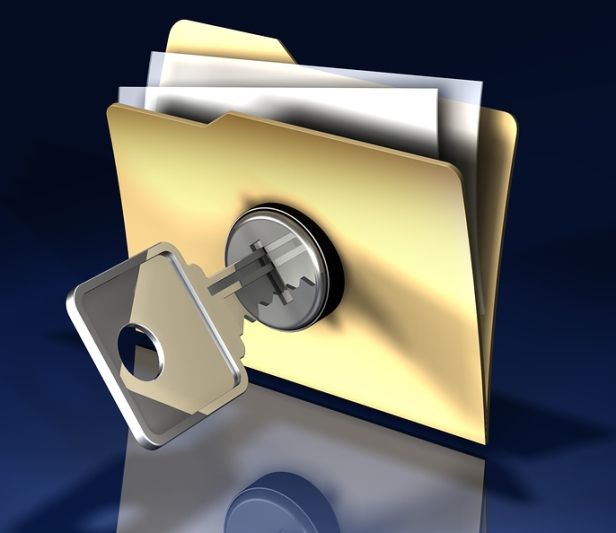
A question I keep asking myself; What is the best method in which to store data, has plagued me for many years now. As a rule, I don’t really trust magnetic storage so when I copy data over to my hard drives I see it as a temporary storage solution until I can place the data I want to keep onto DVD-ROM discs. I like the optical disc method as once the data is placed onto the format it is permanent, free from virus attacks or data loss. Sadly though, optical discs aren’t immune to data corruption and if they aren’t cared for properly or stored in the correct conditions your discs may cease to function, oftentimes when trying to copy data from a damaged disc, a cyclic redundancy error will be returned. This usually signals the end of the disc but I would recommend that you try cleaning the disc before chucking it in the bin.
The other problem with optical storage is that many people say that data burned to blank DVDs/CDs, and so on only really lasts for about five years, although Verbatim claim that their discs last up to one hundred years, not like anyone is going to be around to dispute that claim one hundred years from now.
Apart from the various hiccups with optical storage, it is my preferred method of data storage, I have DVDs from 2002 that still work fine so I think it boils down to how well you look after your discs. Originally I would keep my discs in the supplied jewel cases but as the demand for more data increased, I started buying DVDs by the spindles (usually fifty packs). So I needed a far more economical way in which to store the discs, currently I probably have around 400 + DVDs so you can imagine how much space all those discs would take up were I to keep them in the CD jewel cases. I store my discs in DVD pouches (usually the one’s that facilitate 96 discs).
The other thing with disc storage is that eventually we will come out with a new storage format, like Blu-Ray and though it is an extremely expensive way to store your data (currently a 25 gig Blu-Ray disc retails for about R350 in South Africa) in time the prices will come down and in order for my precious data to survive the next decade I will need to transfer all of the media I’ve stored onto the DVDs onto the newer Blu-Ray format, the last thing I need is to have my data trapped onto an obsolete format and not having anyway to retrieve the information. The average DVD holds about 4.35 gigs of data, by today’s standards, that isn’t a whole lot which is why hard disc drives (HDD) are such attractive storage devices to a user. Being able to slap in a few Terabyte HDDs into your PC is a far easier solution to having to burn data to disc. The problem with storing data on that scale is that it’s like placing all your eggs into one basket, if a virus comes along, or if your operating system becomes corrupt (most users use the Windows platform and the registry is quite a volatile thing) you may have to format your PC and thus you’d lose all your data. Sure you can set up a RAID array and mirror your drive creating a backup but the data is still stored on a HDD and thus it is susceptible to corruption and data loss. Not to mention that a power surge can damage a HDD quite easily, Western Digital HDD’s used to be my drive of choice but they die too easily when met with sudden power surges or blackouts (in my case, living in Cape Town where load-shedding is a common occurence and the power is cut without warning), I find that Seagate HDD’s are far more resilient.
For me, hard drives are like a stopgap for storage. I will store data on my drives temporarily and then sort through it, putting aside the stuff I’d like to keep (which will be burned to disc) and deleting the rest to make room for new stuff. DVD data storage can also become a costly affair, I don’t even want to think about how much money I’ve spent on discs but I want the safest and most reliable method to store my data and in my opinion, the optical disc format is the superior method.

Perhaps, but if you store data on a hd. and put it away safely it should out last dvd discs. why? I say this for 2 reasons, the first is the obvious one, all the parts are standing stil, the disks are kept in a safe place, its the easiest and quickest way to store data, and can hold vast amounts.
Second reason is that hd’s wil always keep on getting bigger, and better and if u are realy fond of your data just connect a online ups to your pc put the hd in a external casing and convert the plug that goes in to the wall to a ups compatteble connection and presto!! your hd is running safely of the ups. so if load shedding hits you you can safely no that your hd and pc is protected
I’ve changed my opinion on the subject some time ago since writing this article and quite agree with you 🙂
poor me, I have bout 5 or seven tb of data, I am a collector and I krinj just thinking of putting them all on to dvds! I no I have to because I had some close encounters already